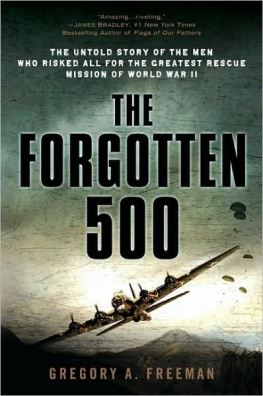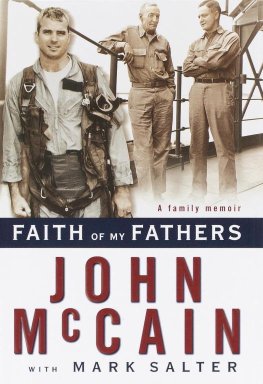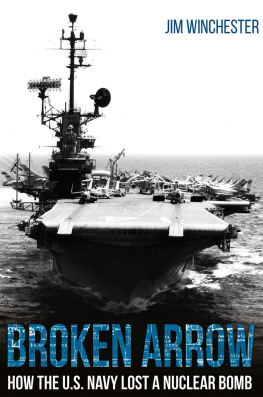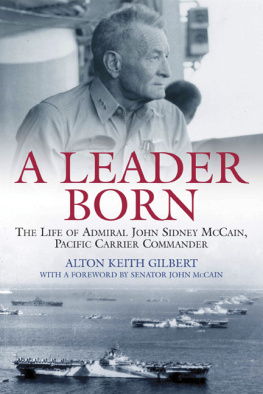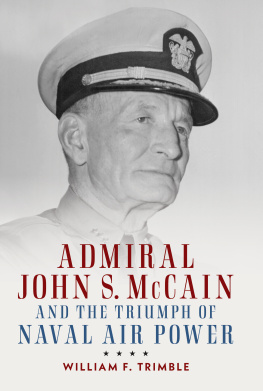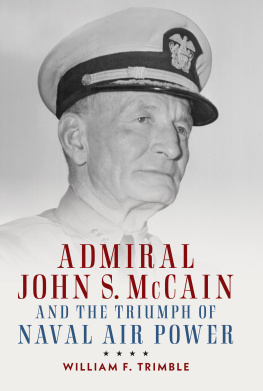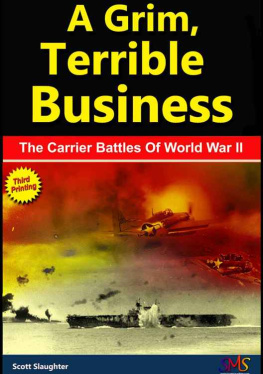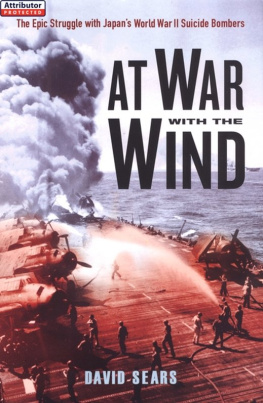Gregory A. Freeman
July 1967
Bob Shelton was still troubled by the nightmare when he reached the bridge of the aircraft carrier. He had hoped that getting out of his bunk and making his way topside to watch the sun rise would help him shake it off, but it was still with himthe puzzling images of fire and smoke on the ship, and the vague sense of dread. He kept going over it in his mind as he watched the horizon begin to glow golden, finally breaking into brilliant sunlight while the USS Forrestal sailed in the waters off of Vietnam.
For Shelton, sunrise on the carrier was one of the few reliable indicators that time had passed. Life aboard the carrier could be disorienting and stressful as the young men worked long hours completely separated from the rest of the world. The Forrestal was an island where nothing seemed just like home, not even the hours that made up a day. Most of the crew worked belowdecks, the long workdays and irregular sleep schedules melting together, with few clues from the outside world that yesterday had ended and today had begun. But for those who could see it, the sunrise was a reassuring reminder that there was life beyond the ship.
It hadnt taken Shelton long to realize that he didnt care much for life on board a carriereven though he had always longed for a job in aviation, one that involved the planes that fascinated him so much. He wanted to be part of the fast-paced, glamorous world of navy flying even if he wasnt the one sitting in the cockpit. His deployment to the USS Forrestal, the worlds biggest and most sophisticated warship, was a plum assignment by most standards and his actual workstation wasnt far from the flight-deck operations. But still, the novelty had worn off quickly and he had grown weary of standing in line for everything, whether it was a meal or a haircut. Like so many of the other thousands of young men on board, he was riding out his military service and looking forward to going home. Shelton had been in the navy for more than a year and still had a year left to serve on the Forrestal. The war in Vietnam was heating up, and the workload on the carrier had increased dramatically since the ship arrived in the Gulf of Tonkin a few days earlier and started launching air strikes against the mainland. He knew the next year on the Forrestal would be hard.
In the meantime, Shelton tried to take advantage of the little perks afforded him, and the sunrise was one of them. He reminded himself every day that many men belowdecks rarely got the chance to see daylight, much less something as beautiful as the day slowly breaking over the calm waters.
Shelton had access to this small joy because sheer luck and a few innate skills had resulted in his assignment to a group of sailors who worked on the bridge, standing within feet of the captain in the big control center that rose over the flight deck, the panoramic windows providing a birds-eye view of everything happening on the flight deck and the world beyond. Shelton didnt work there every day, sometimes rotating through a few other assignments, but even if he wasnt working a shift on the bridge, no one minded if he hung around one of the nearby break areas for a cup of coffee and some conversation.
On this morning in late July 1967, Shelton was arriving even earlier than he had to. He wanted to take some time to relax before reporting to duty as quartermaster of the bridge, keeping detailed records of every order given and nearly everything that happened. It could be a demanding job if a lot was going on, so he liked to relax a bit first. And besides, he couldnt sleep after that nightmare.
Shelton was still a little shaken by it. The whole experience just seemed so unusual. Shelton wasnt the type to have nightmares; he couldnt even remember the last time hed had one, and he rarely remembered any dreams when he woke up. He wasnt worried or upset about anything, so he was surprised by how much it had grabbed him. The experience was so bad that when he awoke, panicked and breathing like a racehorse, it took Shelton a minute to realize it was only a nightmare. The images were too vivid, the sense of horror too real. Shelton had sprung up and sat on the edge of his bunk, waiting for his heart to slow down, wiping the sweat from his face. He was glad to be awake. He was glad to see that everything was okay, and yet he couldnt get past the feeling that something wasnt.
Shelton had lain back in his bunk, wide awake and still energized from the nightmare. With the rustling and snoring of his crewmates in the background, Sheltons mind kept flashing with images from the nightmare. There were great bursts of light, loud noises, and fire. Nothing was clear, but he did see fire. More than anything else, though, there was a terrible sense of fear and dread.
Shelton realized he would never get back to sleep, and he wasnt sure he wanted to anyway. After lying in his bunk for a while, wide awake, he got up and dressed. He was assigned to work on the bridge that day, so he had to put on the crisp white uniform instead of the denim work clothes he might wear to other assignments. On the way out of his sleeping area, he passed by his buddy James Blaskis, who was sound asleep just a few bunks away from his. Shelton noticed that Blaskis had a new pinup of a girl taped to the bottom of the bunk above him, yet another added to the collection just a few inches from Blaskiss face. Shelton often wondered how many of those girls were from magazines and how many were girlfriends from back home, but Blaskis never seemed interested in talking about them. It was one of the things Shelton just accepted about Blaskis without question.
Shelton and Blaskis had become close friends soon after coming aboard the Forrestal, though it was unlikely that they would ever have met in the civilian world and there was even less chance they would have struck up a friendship. But the military has a way of throwing very different men together in close quarters, giving them no other choice than to be friends or be miserable. When Shelton and Blaskis first met on the Forrestal, the only things they had in common were their mutual awe of the massive ship, their assignment to the same division, and their shared duties.
Both of them were also a bit older than the typical crew member. Shelton was twenty-two years old and Blaskis was twenty-one. Once they were thrown together, they found their differences immediately. Shelton was from Longview, Texas, and Blaskis was from Akron, Ohio. Shelton didnt understand much about places where it snowed and nobody rode a horse, and Blaskis couldnt relate to people who drank iced tea so sweet it might as well be syrup. But soon they discovered that their personalities fit well together, sharing a sense of humor that nobody seemed to find as funny as they did. Shelton could see that Blaskis was a real character, a fun-loving type who made everyone comfortable around him. The two young men were soon laughing about their differences and finding more and more things that drew them together.
One of the young mens favorite pastimes was listening to music. After the ship sailed for Vietnam and out of civilian radio contact, they had to rely on their own recordings, and someone in Sheltons division had bought a reel-to-reel tape player when the ship stopped in Rio de Janeiro. The player had become a centerpiece for the crews recreation. They would play the same music over and over again while they lounged around between work shifts or wrote letters home to their families. One song in particular had become Sheltons and Blaskiss favorite. Cast Your Fate to the Wind, written by Carel Werber and Vince Guaraldi, was filled with a youthful optimism and willingness to see what the world would offer.

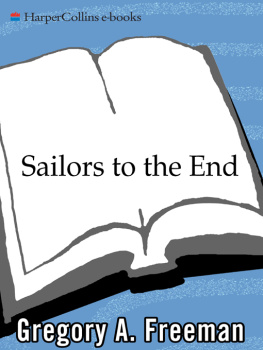


![Freeman - Pro design patterns in Swift: [learn how to apply classic design patterns to iOS app development using Swift]](/uploads/posts/book/201359/thumbs/freeman-pro-design-patterns-in-swift-learn-how.jpg)


